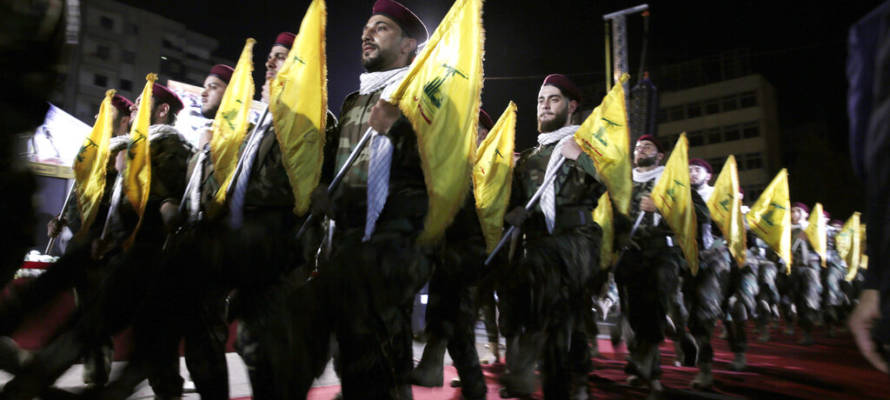Top Hezbollah terrorist Ibrahim Qubaisi was reportedly killed in the attack.
By JNS
The Israel Defense Forces on Tuesday carried out a second precision strike in Beirut’s Dahiyeh district in as many days. The target was reportedly Ibrahim Qubaisi, who heads Hezbollah’s missile array.
The strike came less than 24 hours after the attempted assassination of Hezbollah’s No. 3 terrorist commander, Ali Karaki, in the same area.
At least six people were killed and several others were injured in the Israeli airstrike, according to Lebanese reports. Reuters cited two local “security sources” as confirming that Qubaisi was among the dead.
Following the strike in Beirut, Hezbollah launched a massive rocket barrage at Israel’s north, triggering air-raid sirens, including in the Upper Galilee city of Safed. No injuries were reported in the attacks.
Israel’s Channel 12 said that more than 100 projectiles were launched at the Jewish state within one hour, with the Golan Regional Council telling residents to stay near bomb shelters and avoid public gatherings.
On Monday night, Israeli Air Force jets targeted Karaki, Hezbollah’s highest-ranking remaining commander following Friday’s targeted killing of Ibrahim Aqil. Karaki commands Hezbollah’s southern front, which is responsible for the terror army’s cross-border attacks on Israel.
In an official statement issued three hours after the strike, Hezbollah claimed that the top terrorist was still alive and “moved to a safe place.”
Unnamed Israeli officials told Israel Hayom on Tuesday that Karaki survived the strike, saying that the use of smaller bombs with the goal of minimizing civilian casualties contributed to the operation’s failure.
Tuesday’s aerial attack marked the fifth time that the Israeli army struck the Lebanese capital since Hezbollah joined the war against the Jewish state in support of Palestinian Hamas in the wake of the Oct. 7 massacre.
On Friday, the IDF took credit for a targeted airstrike in the Dahiyeh neighborhood that killed more than a dozen Hezbollah terrorist officials, including Aqil, who was also wanted by the United States over his involvement in the 1983 bombing of the U.S. embassy in Beirut.
On July 30, Israeli Air Force jets carried out a targeted killing in south Beirut of Hezbollah’s No. 2 “military” commander, Fuad Shukr.
Hezbollah has attacked Israel nearly daily since Oct. 8, 2023, firing thousands of rockets, missiles and drones. The attacks have killed more than 40 people and caused widespread damage. Tens of thousands of Israeli civilians remain internally displaced due to the violence.
Throughout the day on Tuesday, the Israeli Air Force struck over 1,600 Hezbollah terror targets in Southern Lebanon and the Bekaa Valley as part of “Operation Northern Arrows,” according to the Israeli military.
Jerusalem has escalated attacks on Hezbollah since adding the return of evacuated Israeli civilians to the north as an official war goal on Sept. 17.
